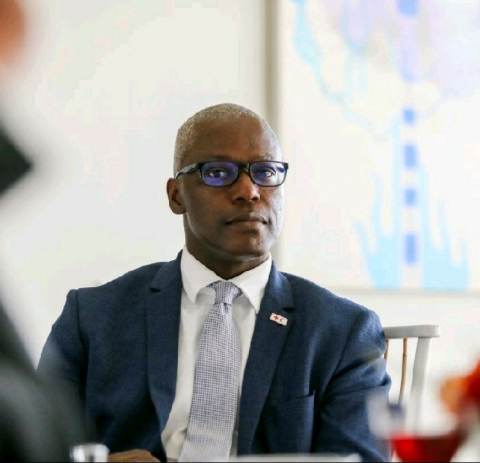
The chief executive officer of the RBM Partnership to End Malaria, Dr. Adekunle Charles has issued a passionate call for renewed global action to eliminate malaria, describing it as both a moral obligation and a critical investment in global health and economic growth.
Speaking to journalists on Friday in Abuja in commemoration of World Malaria Day 2025, Charles emphasised that malaria elimination must go beyond charity to become a strategic economic priority, particularly for African nations.
“Investing in malaria control is not only the right thing to do – it’s also economically smart,” Charles said. “Reducing malaria by 80 per cent by 2030 could raise Africa’s GDP by as much as $127 billion. That is the scale of what is at stake.”
World Malaria Day, observed annually since 2007, brings attention to the global malaria burden and the urgent need for action. This year’s theme, “Malaria Ends With Us: Reinvest, Reimagine, Reignite,” underscores the importance of reinvesting resources, rethinking strategies and reigniting commitment to eradicating the disease.
Charles stressed the need for coordinated global efforts while highlighting that countries must be at the heart of the solution. He urged governments, civil society, and the private sector to forge strong partnerships to enhance malaria intervention strategies and strengthen health systems.
Despite challenges such as funding gaps, Charles expressed optimism that collective action can reverse the tide. “We must innovate and be cost-effective,” he said, adding that more strategic use of resources and data-driven decision-making will be key to success.
He invoked the campaign slogan “Zero Malaria Starts with Me,” urging individuals, organisations, and leaders to take ownership of the malaria fight. “This isn’t just about government action. It’s about everyone doing their part,” he said.
Charles also called for equitable access to malaria prevention and treatment tools, noting that inclusive health systems are crucial to reaching those most at risk.
Science Nigeria reports that malaria continues to pose a grave public health and economic challenge in Nigeria, which currently accounts for 27 per cent of global malaria cases and 32 per cent of malaria-related deaths, according to the World Health Organisation (WHO).
In 2023, over 68 million Nigerians were diagnosed with malaria, with more than 200,000 deaths, many of them children under five and pregnant women. These numbers represent not just statistics but devastating human loss and deepening poverty across communities.
The economic cost is equally alarming. Nigeria loses ₦32 billion annually to malaria through direct and indirect expenses, while the U.S. National Institutes of Health estimates the broader economic drain at over ₦132 billion annually – a figure that is likely to rise with soaring treatment costs.

